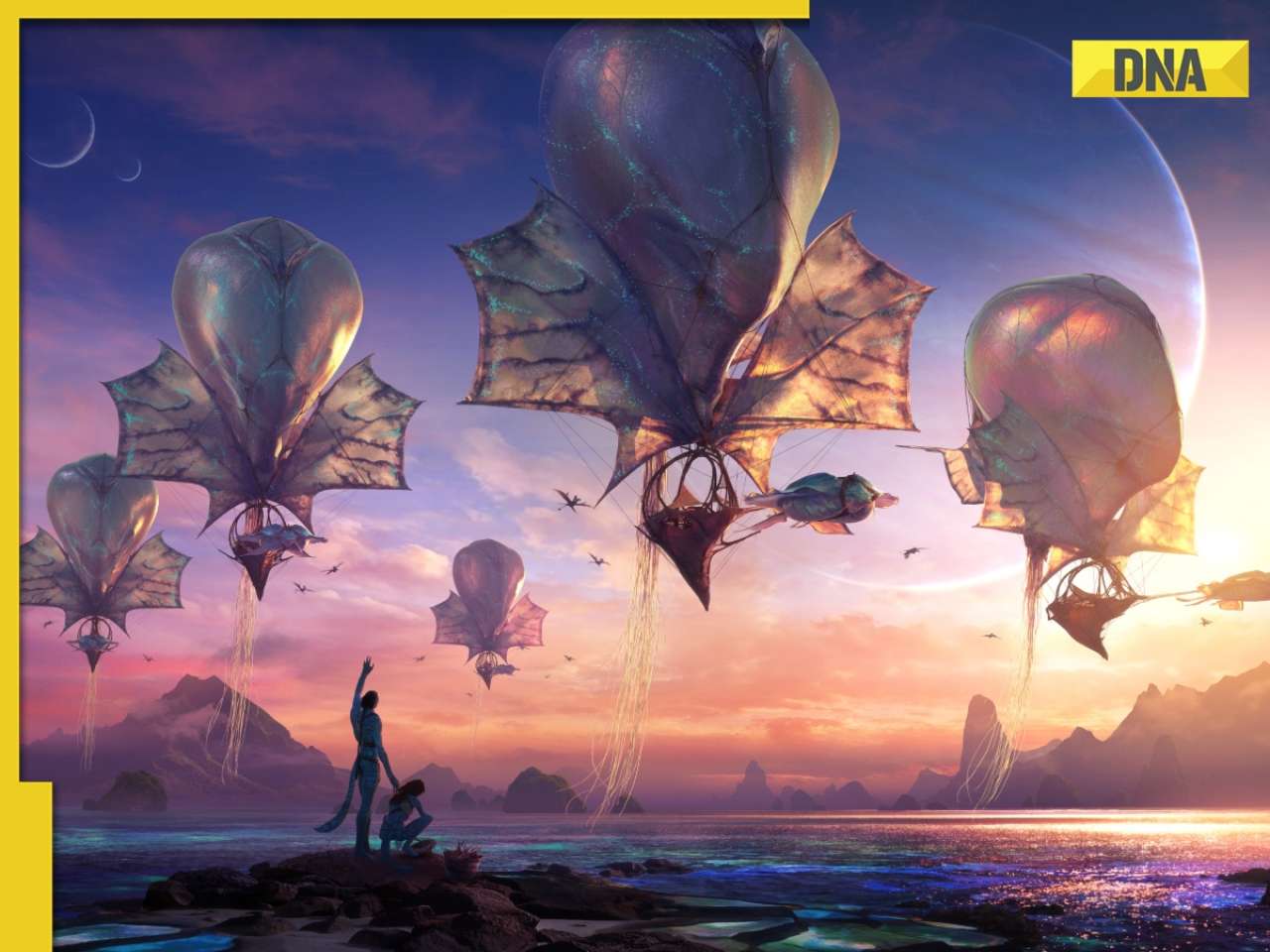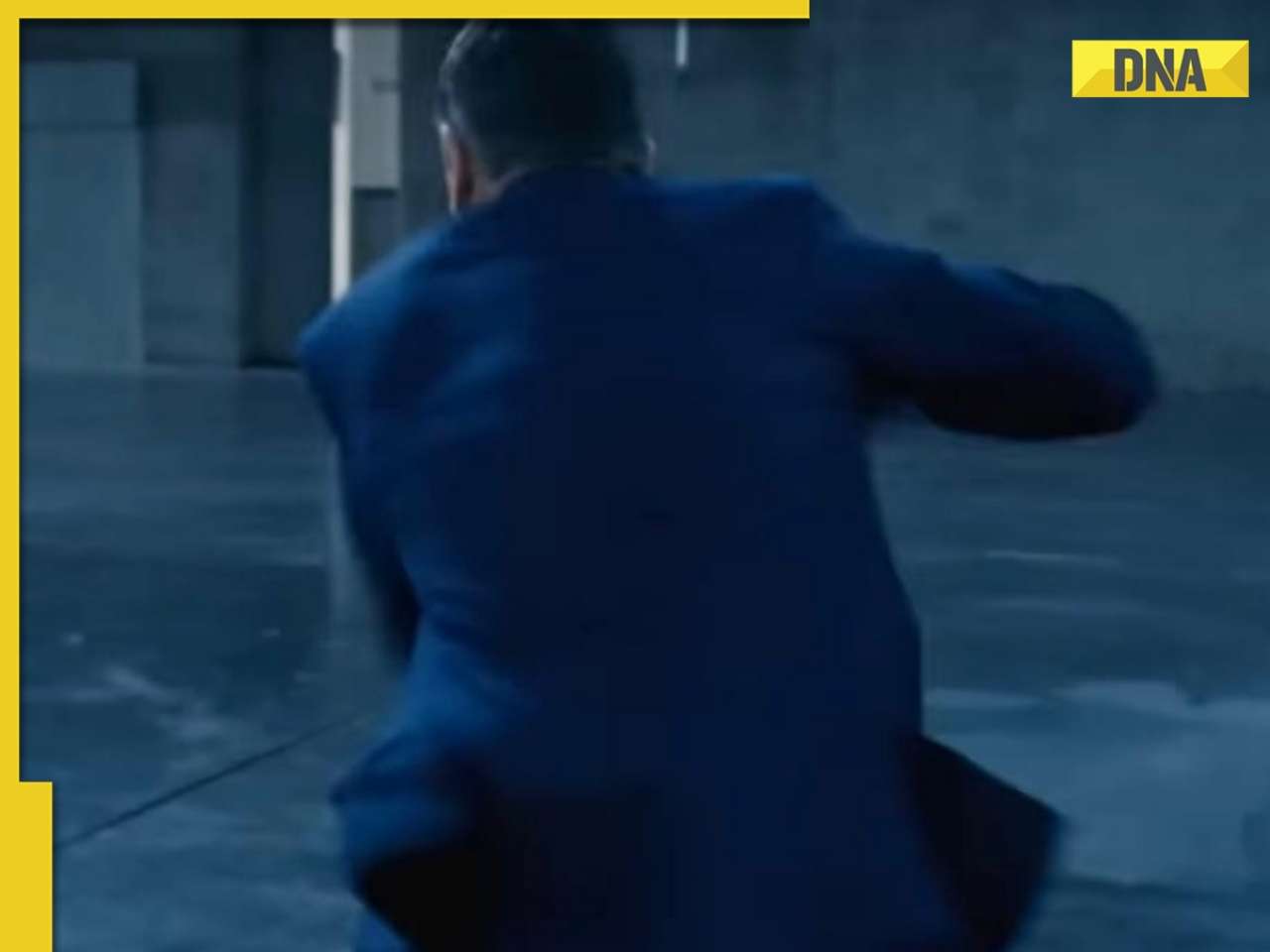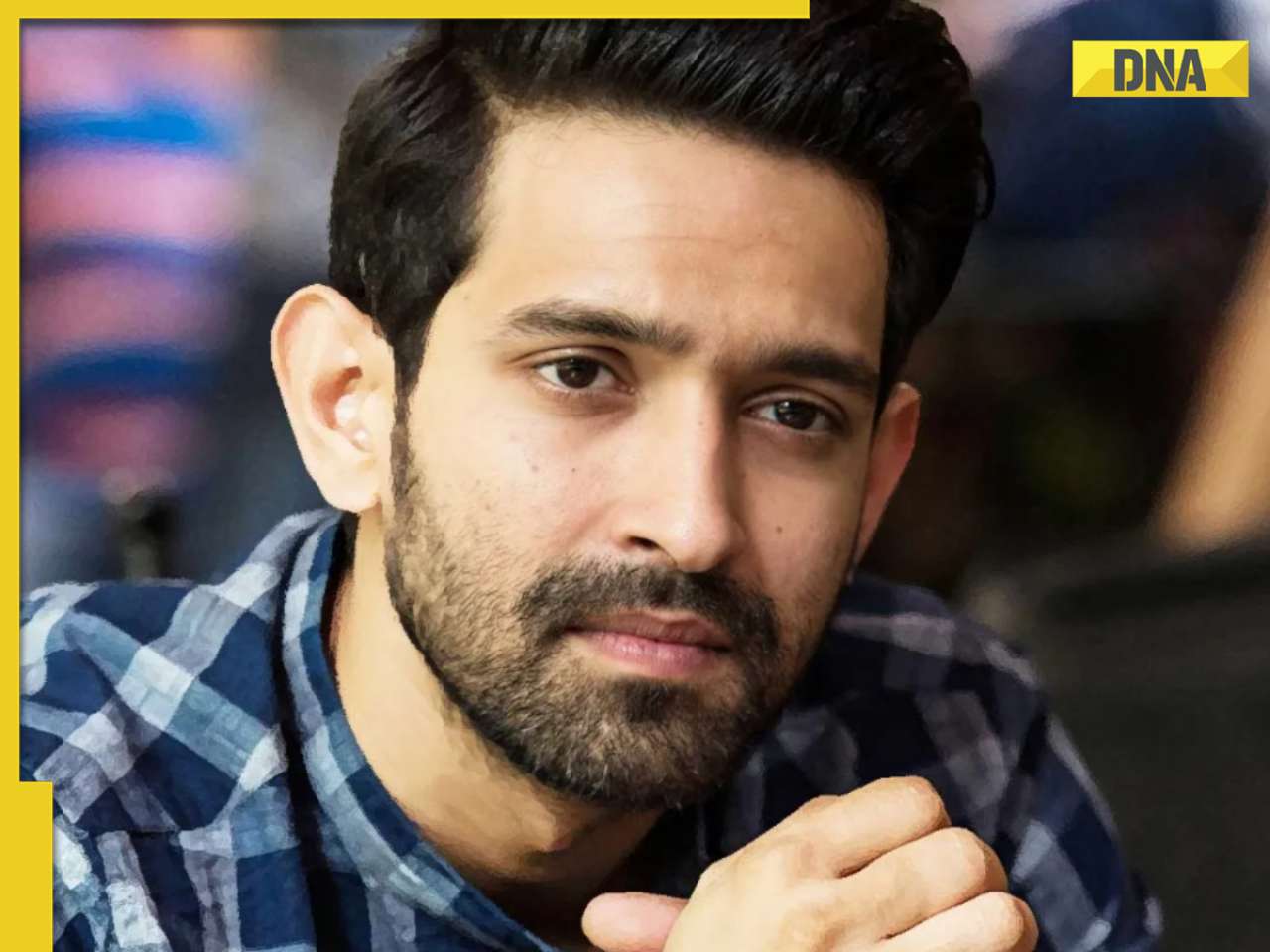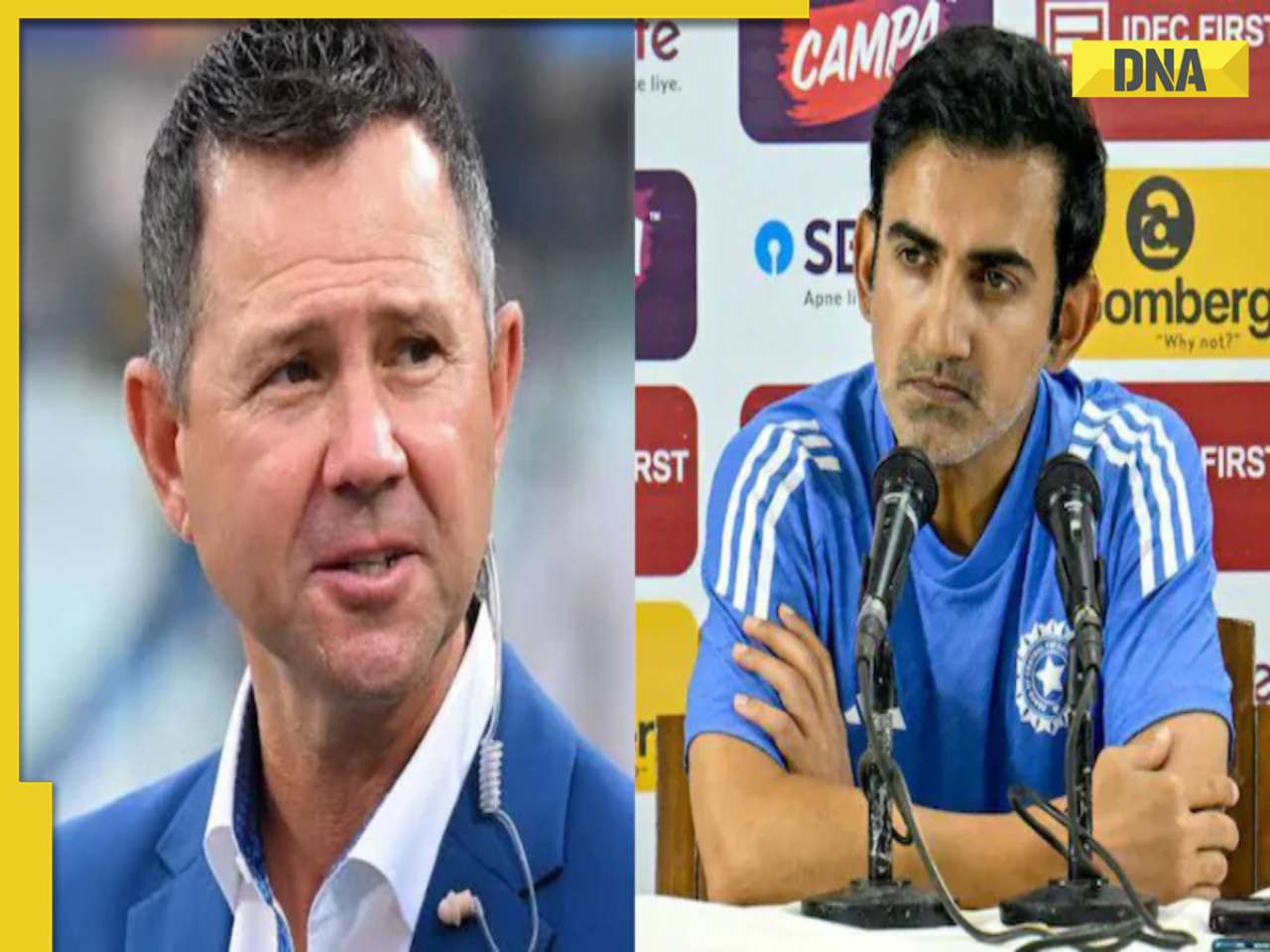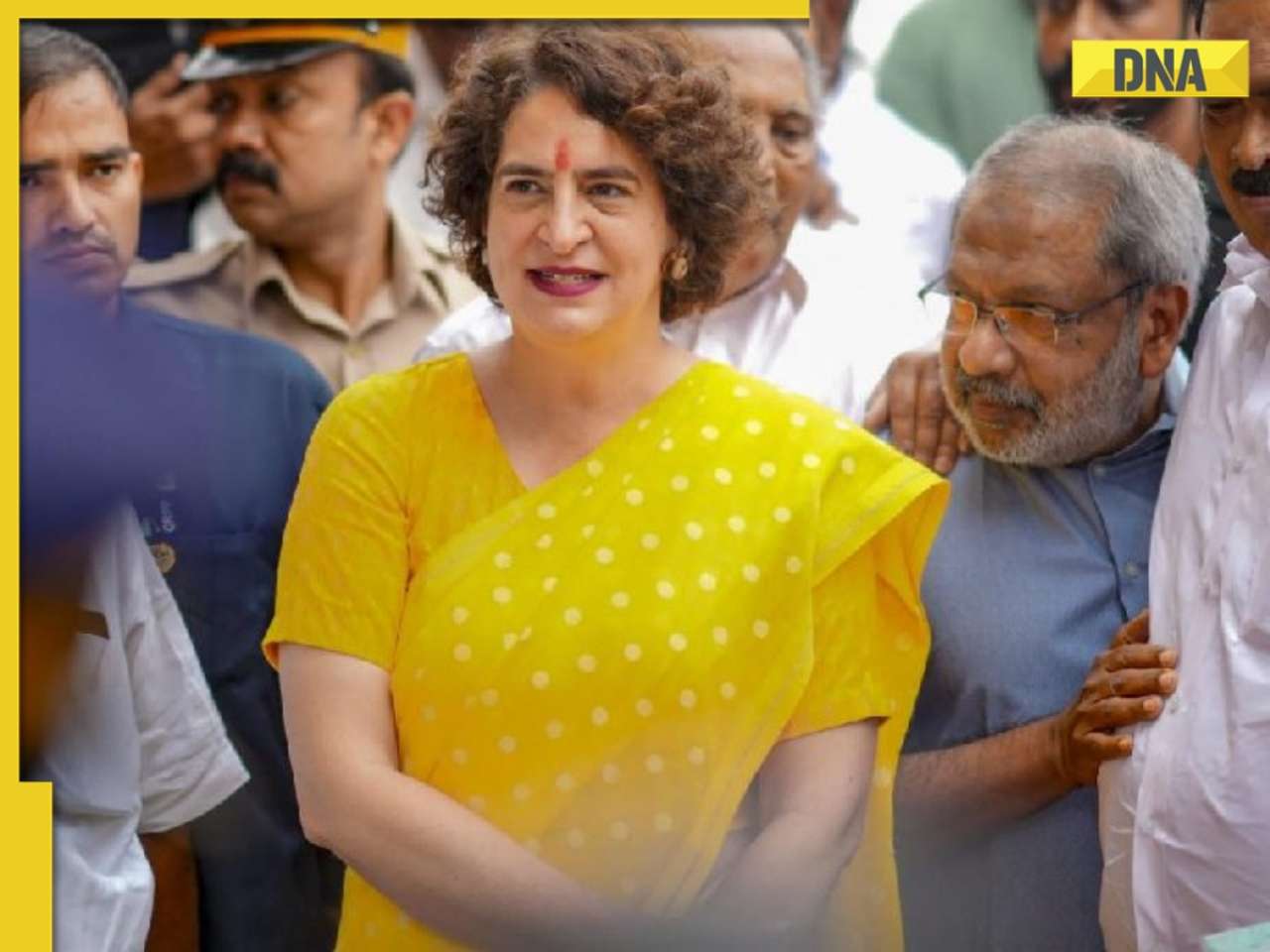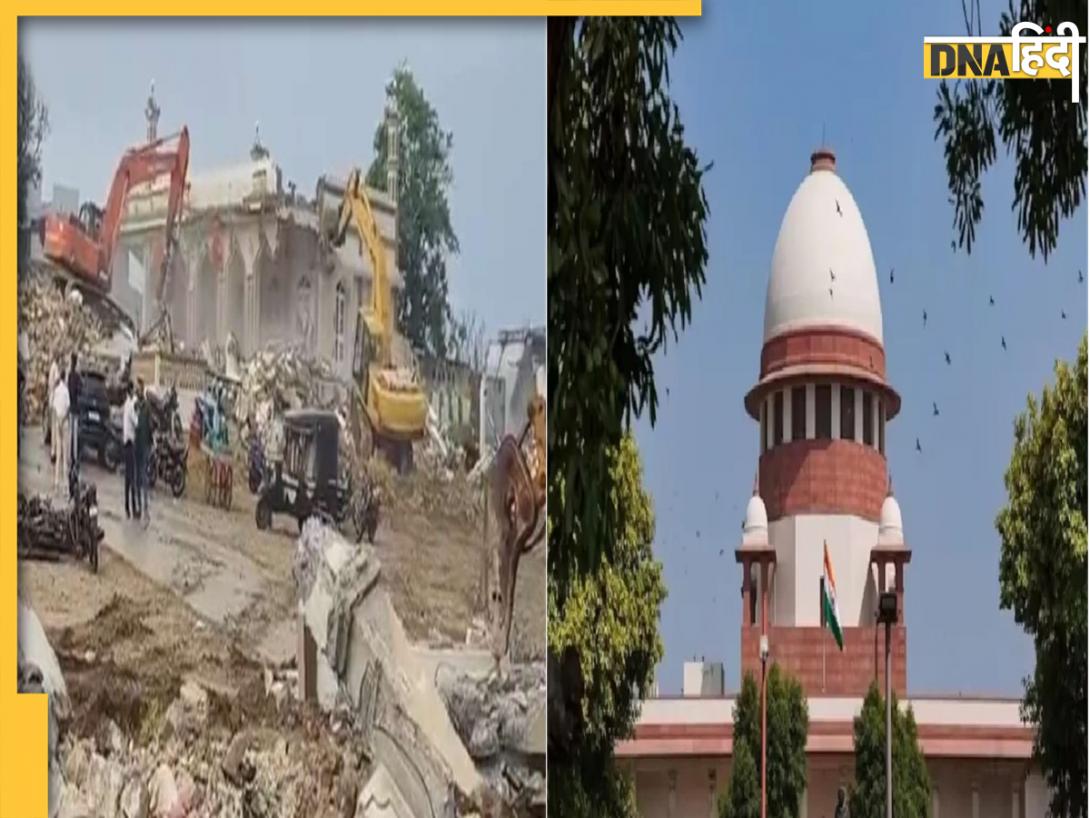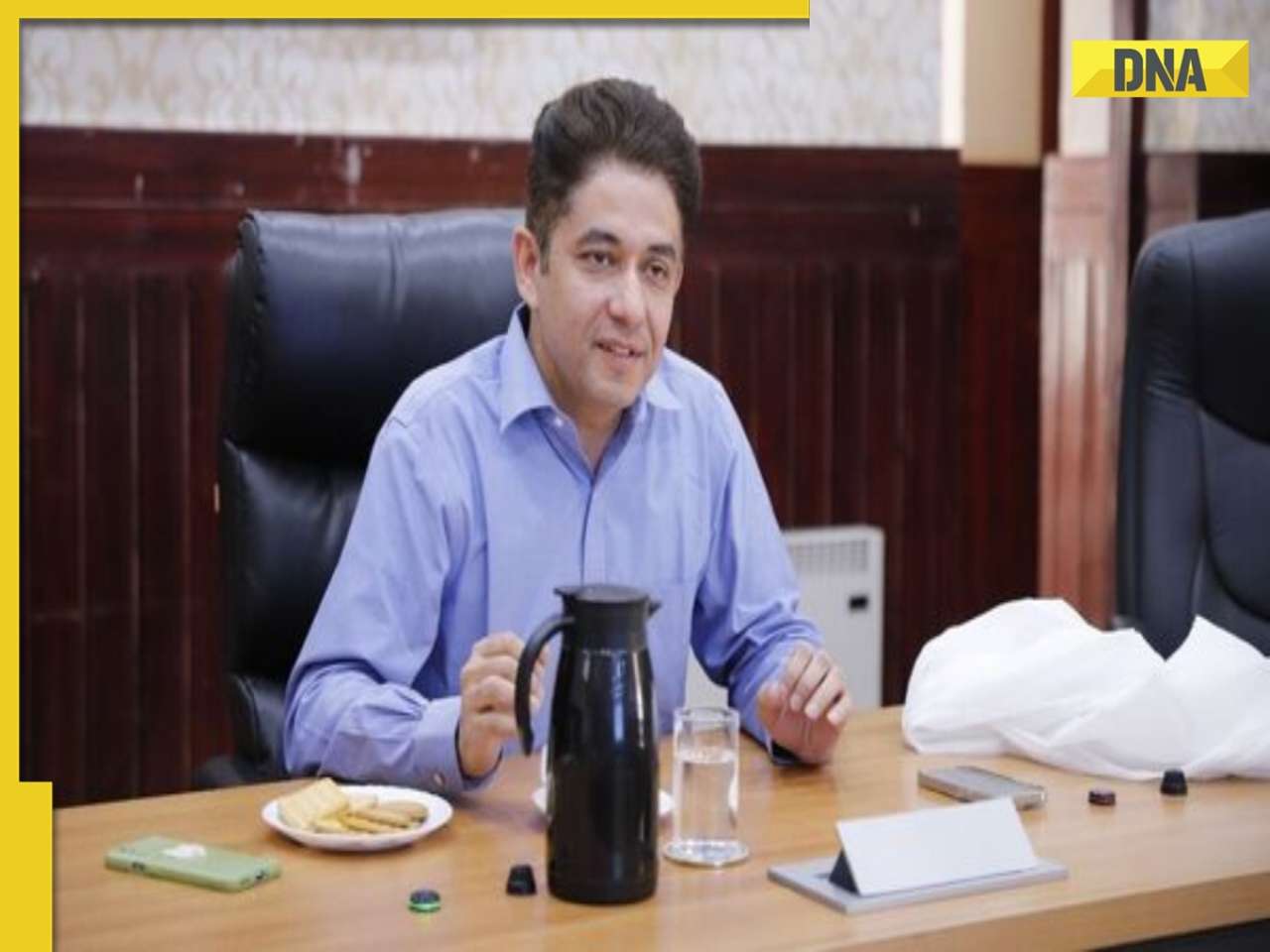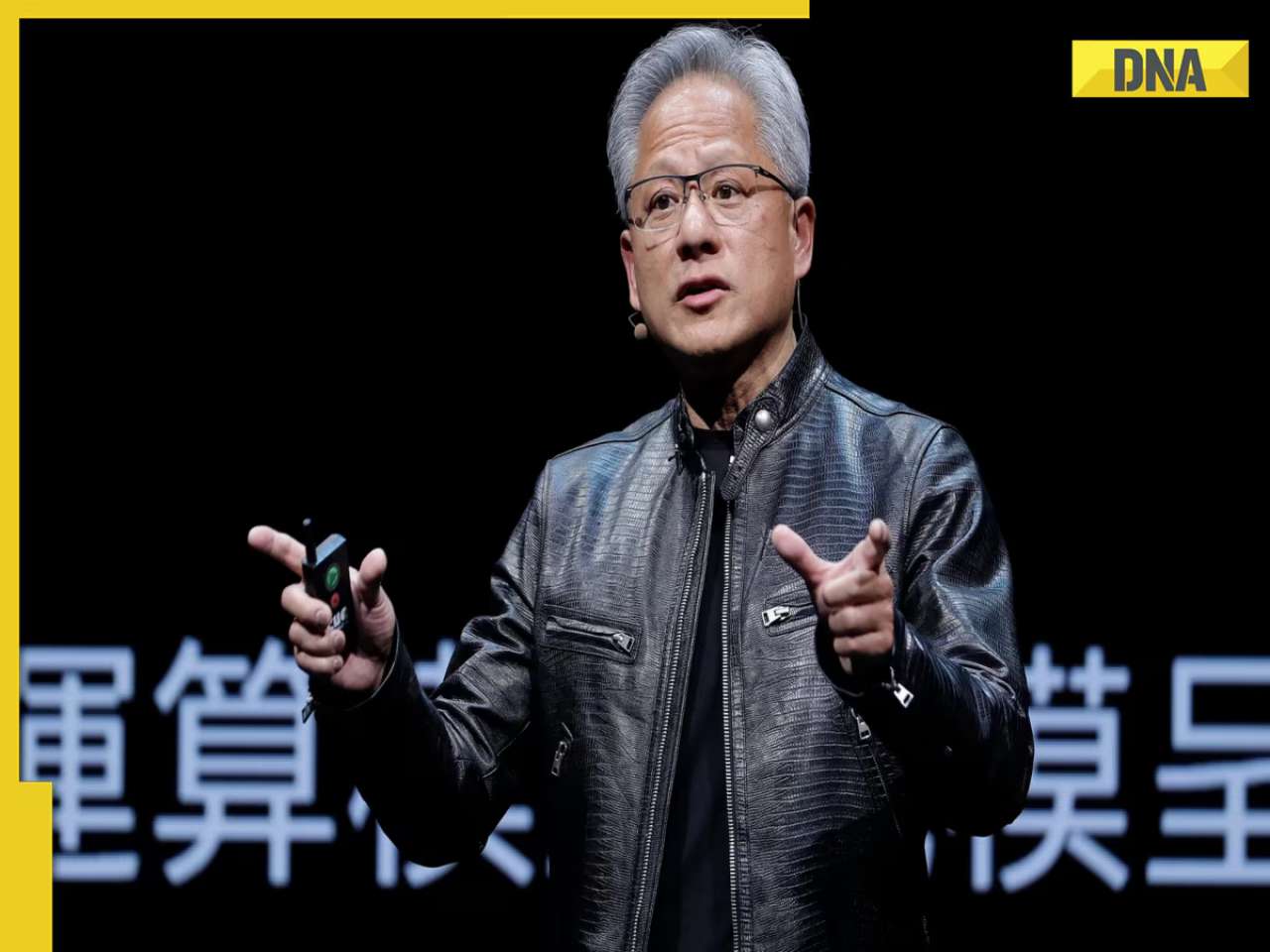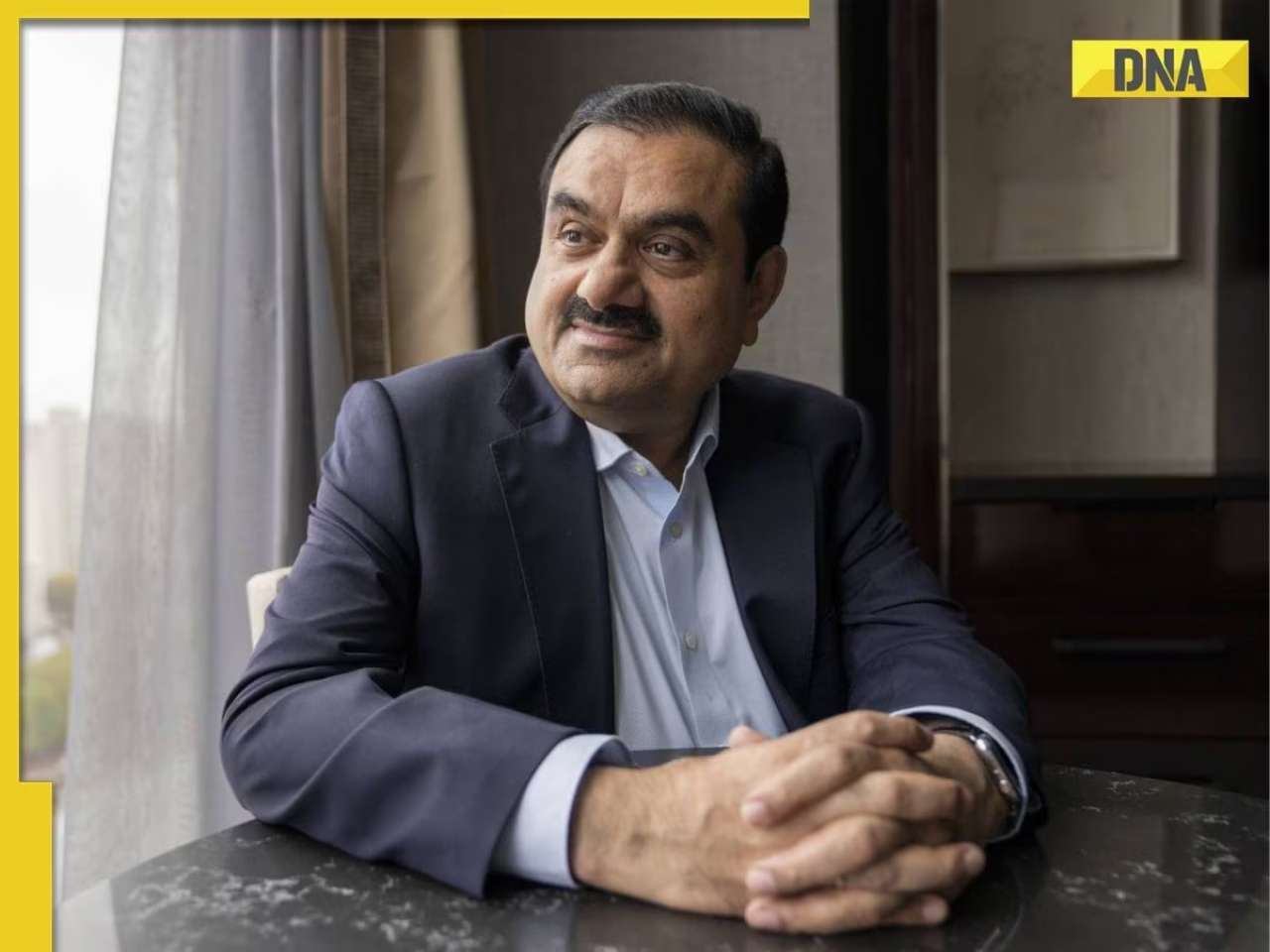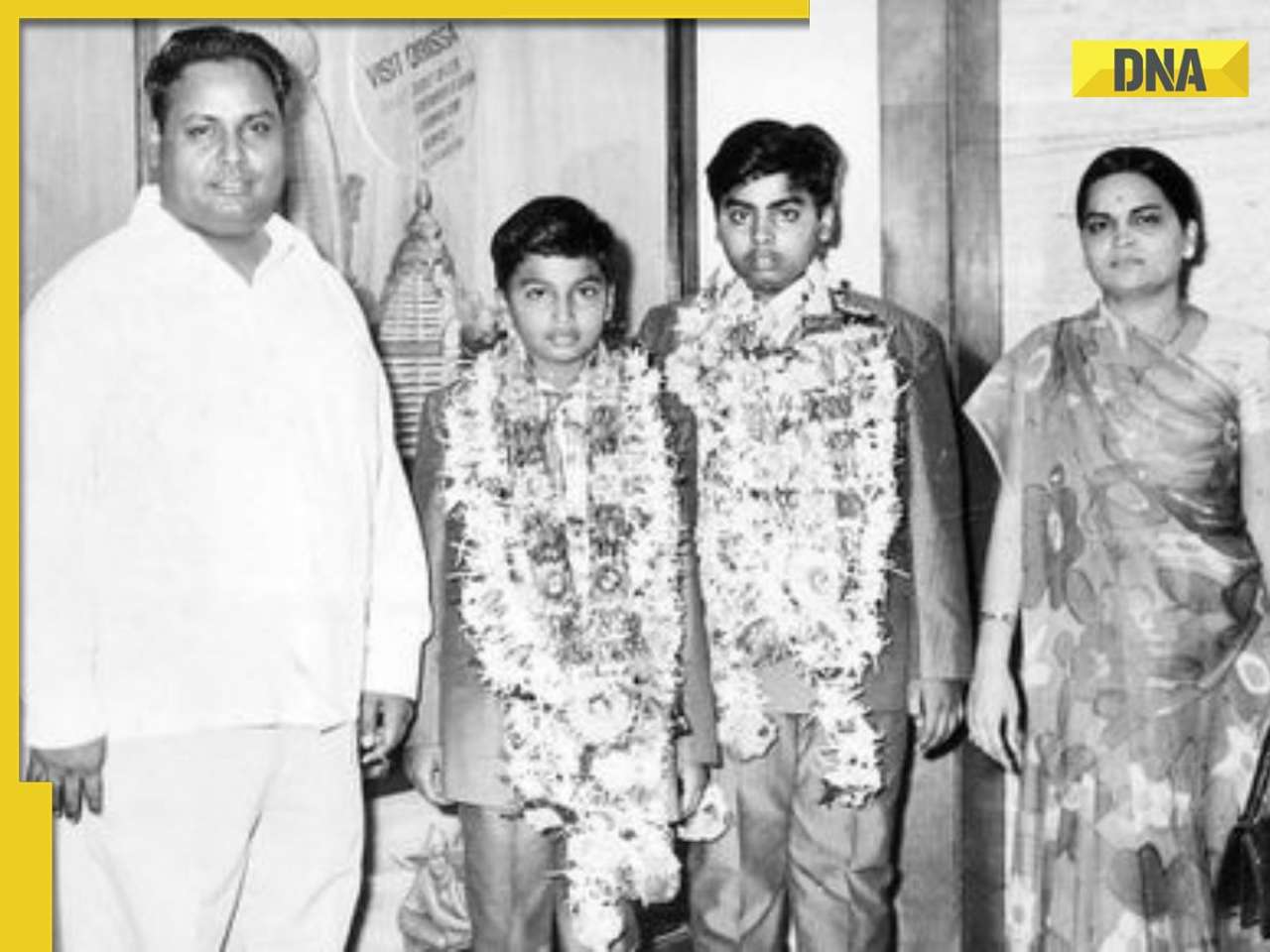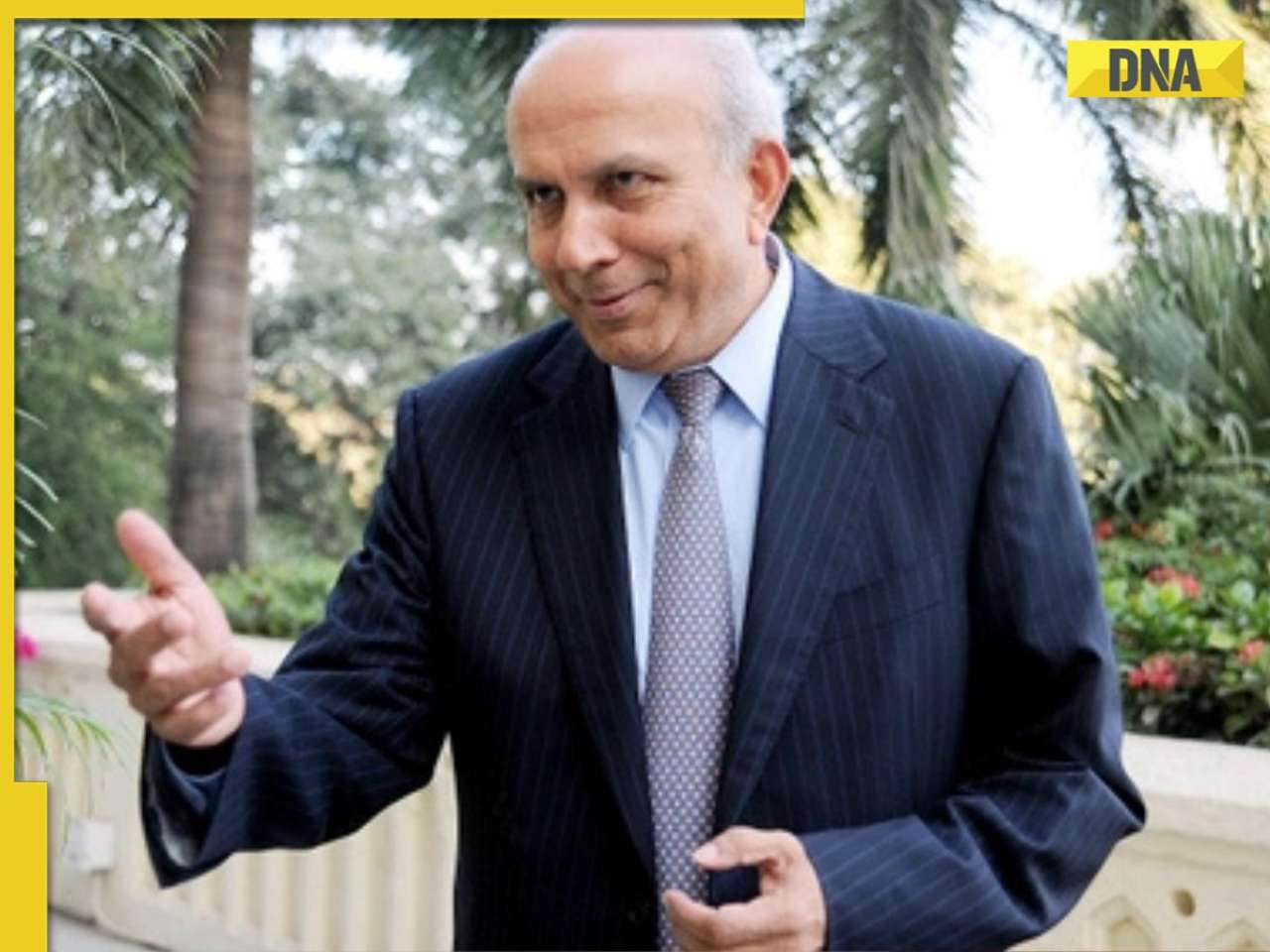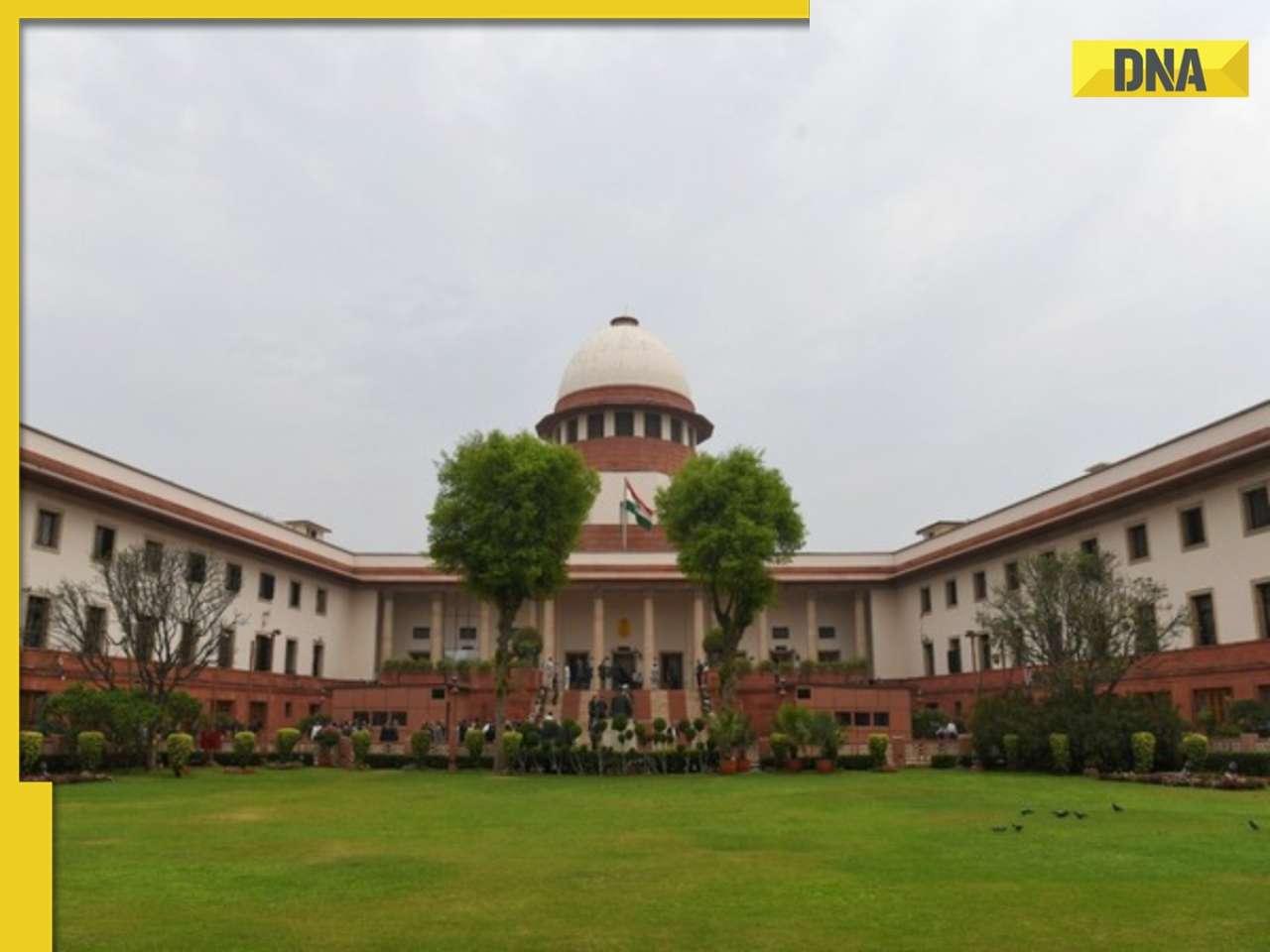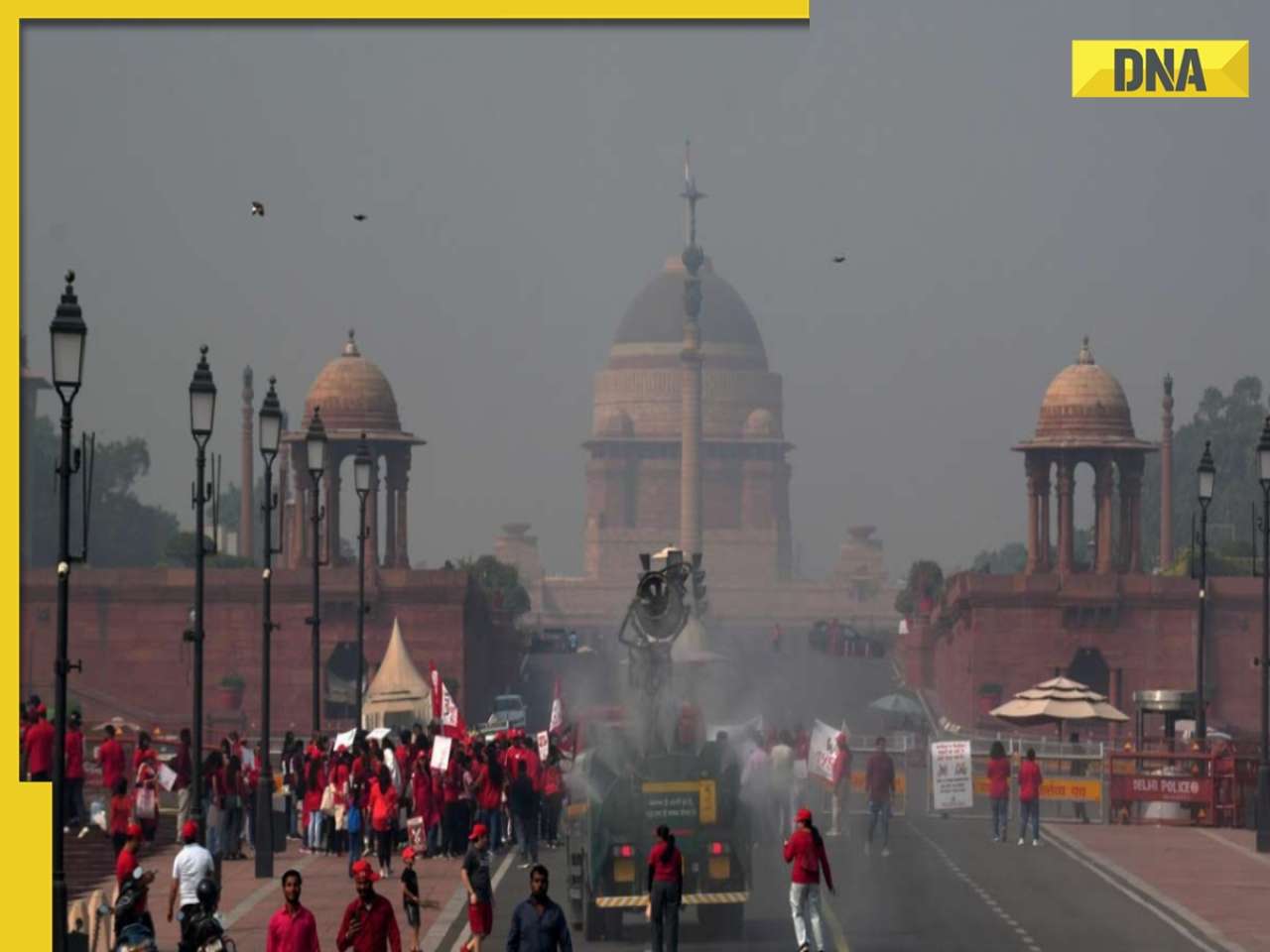- LATEST
- WEBSTORY
- TRENDING
WORLD
10 years on, former British premier Tony Blair under fire over handling of Iraq war
Criticisms from a former British ambassador to Washington and a series of leading military figures at that time come as White House insiders describe for the first time their certainty that Blair would back any US-led invasion long before he publicly committed Britain to taking part.
TRENDING NOW
Ten years after the invasion of Iraq, Tony Blair and his government have come under withering attack from a senior former diplomat and military chiefs for their handling of the war that defined his decade in power.
Blair is accused of being "evangelical" in his approach to the world and hence to toppling Saddam Hussein's regime; of being so determined to support President George W Bush that he imposed no preconditions for Britain going to war alongside the United States, and of mistakes which led to British forces being ill-prepared for the invasion and caught out by the violent aftermath.
Criticisms from a former British ambassador to Washington and a series of leading military figures at that time come as White House insiders describe for the first time their certainty that Blair would back any US-led invasion long before he publicly committed Britain to taking part.
They say he made clear his unwavering support for US policy nearly a year before the invasion, after a visit to the president's ranch in Crawford, Texas.
This appears to contradict Downing Street's assertion at the time that Britain would only intervene militarily against the Iraqi dictator if all other avenues, including weapons inspections and United Nations sanctions, had been exhausted.
The revelations come in a series of exclusive interviews and articles for The Sunday Telegraph ahead of the 10th anniversary of the "shock and awe" bombing campaign that began on March 20, and the land invasion involving 45,000 British troops that followed a few hours later.
Sir Christopher Meyer, Britain's ambassador to Washington during the run-up to the war, writes in The Sunday Telegraph today that Mr Blair's mistakes on Iraq flowed from a "black and white" world view that was "more evangelical than the American Christian Right".
He says that Mr Blair's "unquestioning support" for the president "eliminated what should have been salutary British influence over American decision-making" after the prime minister became "an honorary member of this inner group" of neo-conservatives and military hawks who were setting the agenda in the United States.
He notes that a "failure to plan meticulously" for the aftermath of Saddam's overthrow "led to almost a decade of violent chaos and the ultimate humiliation of British forces".
General Sir Mike Jackson, the head of the Armed Forces at the time, describes how the government's "political nervousness" delayed military preparations for the conflict. Blair's government "wanted to avoid giving the impression that war with Iraq was inevitable", he writes in the newspaper; as a result, the formal decision was taken "somewhat late in the day, which inevitably foreshortened the Armed Forces' preparation time".
Another senior officer, General Graham Binns, who commanded a front line brigade in Iraq, discloses that financial restraints left British forces undertrained and lacking key equipment. In addition, the British were "inadequately prepared, mentally and physically, for post-conflict stabilisation," he writes.
Stephen Hadley, Mr Bush's deputy national security adviser, said that at a private meeting between the prime minister and the US president almost a year before the invasion was launched, "Mr Blair said that if it came to it, then at the end of the day, he would be with us if we had to move militarily against Saddam Hussein".
He said that during the meeting at Crawford in April 2002, the position spelt out by Mr Blair was, "I am with you to see this through to the end."
Andrew Card, the president's chief of staff, said: "I don't recall that any conditions were discussed. What was clear was that we shared values and stood together."
Mark Etherington, a Foreign Office official put in charge of an entire Iraqi province six months after the invasion, said there were inadequate troops to keep it secure because the Iraqi army and police "had ceased to exist as coherent groupings". He says the British effort was "fatally lacking binding strategy under unified leadership".
The revelations follow years of debate and recrimination over the decision to commit Britain to joining in the invasion, including its legality, and over the failure to locate any of the weapons of mass destruction whose supposed existence was the main official justification for going to war.
Mr Blair has been accused by critics of being a "war criminal" for his role in the conflict which ultimately cost the lives of 179 British soldiers and an estimated 100,000 civilians, and admitted last month that he had "long since given up trying to persuade people it was the right decision".
Last week, David Miliband, the former foreign secretary, said the election of George W Bush as US president was "the worst thing that ever happened to Tony Blair" because of the direction in which he led the world.
The decision to go to war in March 2003, after United Nations weapons inspectors left Iraq and without the fresh UN resolution that Britain and the US had been seeking, divided opinion in Britain and led to resignations from the government. In the end the Conservatives backed the decision, but the Liberal Democrats opposed it.
A lengthy inquiry led by Sir John Chilcot into the circumstances, ordered in June 2009, heard evidence from hundreds of witnesses and examined thousands of documents - including confidential correspondence between Mr Blair and Mr Bush - but is still several months from producing its report and conclusions.
The statement by former White House officials that Mr Blair laid down no conditions for British support for the US-led operation comes despite Downing Street assertions to the contrary.
Mr Blair has said that he pushed for the United States to put more weight behind efforts to reach a settlement between Israel and the Palestinians, and that he encouraged the US to attempt what became known as "the UN route".
But it was widely believed that soon after the 9/11 attacks on the United States by al-Qaeda, the "neo-conservatives" within the Bush administration, led by Dick Cheney, the vice-president, decided that the Iraqi regime posed a similar threat and must be dealt with militarily. Sir Christopher lays out a series of missteps by British and US leaders but writes: "The biggest mistake of all was to conflate Osama bin Laden and Saddam Hussein, as if they were cut from the same violent cloth."
Despite delivering crucial diplomatic support for Washington as other European states wavered, Mr Blair's concerns about domestic politics meant that military preparations for the invasion were hampered, even though British Armed Forces chiefs had long considered the war inevitable.
Gen Binns, who commanded the 7th Armoured Brigade in the invasion, describes political and financial constraints on preparations for war. "Our higher level training, due to take place in Poland, was curtailed for financial reasons," he writes. "I took my officers away for some conceptual training around a model but this limited activity was no replica for realistic training."
As the force began to assemble in northern Kuwait, he recalls, they discovered that the wrong kind of clothing had been sent from Britain.
He says: "We were grateful for several boxes of chefs' whites and ceremonial dress, but would have preferred more body armour and desert camouflage uniform.
"The Marine Corps was very generous with its supplies - not always knowingly."
Gen James Conway, the US Marine commander in charge of a force of 90,000, of whom 25,000 were British, recalled asking General Robin Brims, the commander of the 1st UK Armoured Division, what his capabilities were.
"He said: 'I have great tanks, but I don't have the logistics for them to go very far', so everything pointed to them taking and holding Basra."
Military chiefs on both sides of the Atlantic excoriated the decision by Paul Bremer, the US occupation chief, to disband the Iraqi army and sack all officials who belonged to Saddam's party shortly after the victory.
Soon afterwards the insurgency began, leading to years of bloodshed and the loss of more lives than during the invasion.
Gen Jackson writes of the "inexplicable decisions to disband the Iraqi security forces and to sack Ba'ath party members, however junior,". Gen Conway said: "I've been disappointed by the results in Iraq. I think we had a great opportunity for a much better end-state.
"One of the first things the CPA did was to disband the Iraqi army. We ended up fighting those same men in Anbar province for four years."
He also expressed shock that no weapons of mass destruction were ever discovered, since that was "in large measure" why they were in Iraq. "We checked every bunker between the Kuwaiti border and Baghdad and there were just none to be found."
Ari Fleischer, the official White House spokesman at the time, said the US was equally let down. "I don't believe that George Bush would have gone to war if we concluded that Saddam Hussein did not have WMD."







)
)
)
)
)
)
)
)
)
)
)
)
)
)
)
)





